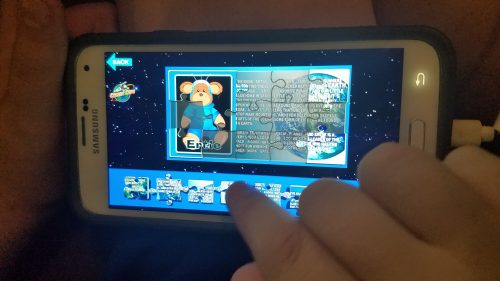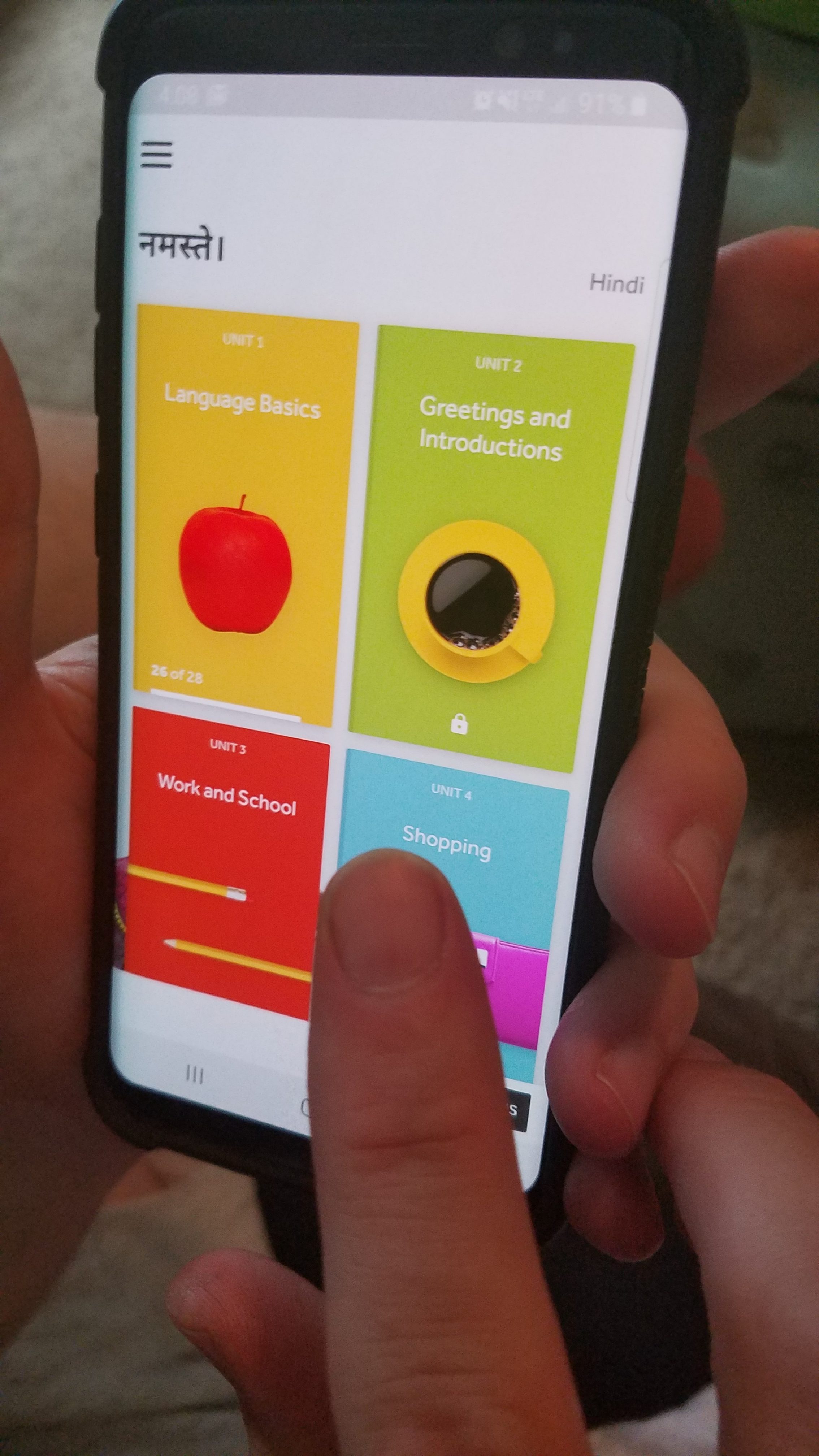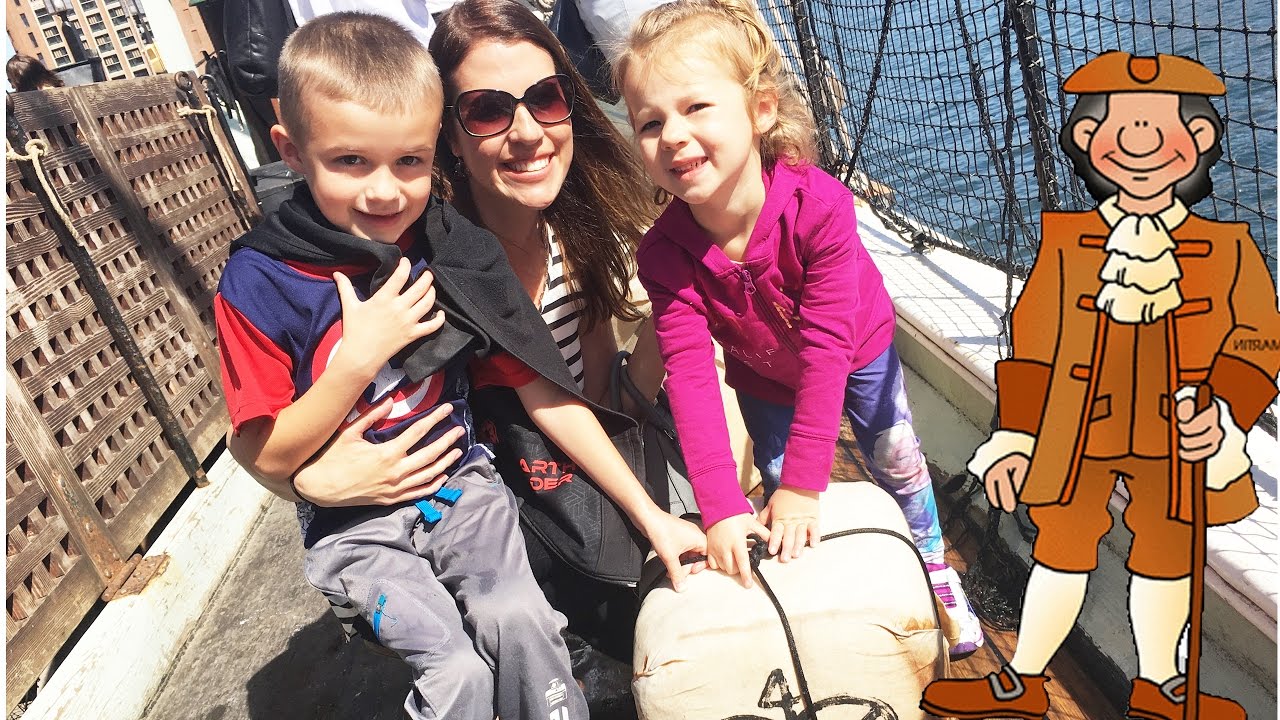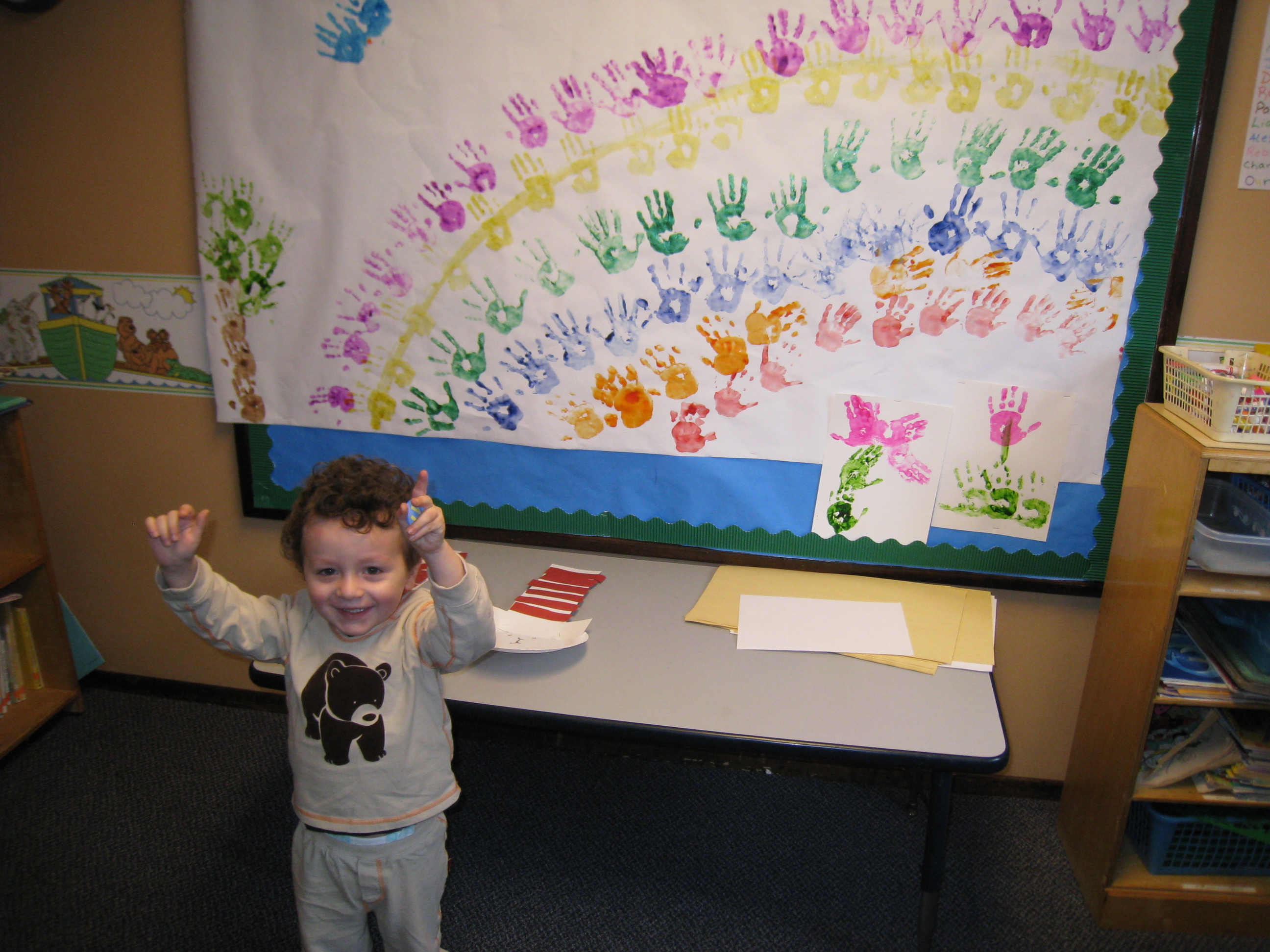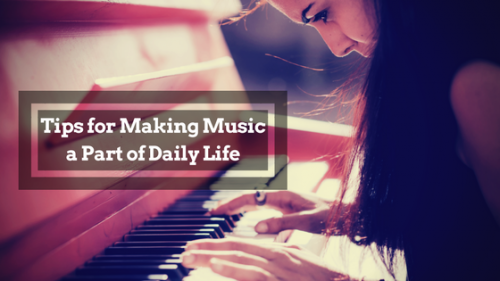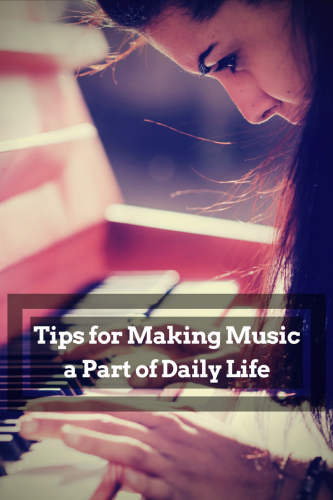Washington, DC — A national survey commissioned by the American Council of Trustees and Alumni (ACTA) draws new attention to a crisis in civic understanding and the urgent need for renewed focus on civics education at the postsecondary level.
Some of the alarming results include:
- 26% of respondents believe Brett Kavanaugh is the chief justice of the U.S. Supreme Court, and 14% of respondents selected Antonin Scalia, who died in 2016.
- 15% of the college graduates surveyed selected Brett Kavanaugh.
- Fewer than half correctly identified John Roberts.
- 18% of respondents identified Congresswoman Alexandria Ocasio-Cortez (D-NY), a freshman member of the current Congress, as the author of the New Deal, a suite of public programs enacted by President Franklin D. Roosevelt in the 1930s.
- 12% of the college graduates surveyed selected Alexandria Ocasio-Cortez.
- 63% did not know the term lengths of U.S. Senators and Representatives.
- Fewer than half of the college graduates surveyed knew the correct answer.
- 12% of respondents understand the relationship between the Emancipation Proclamation and the 13th Amendment, and correctly answered that the 13thAmendment freed all the slaves in the United States.
- 19% of the college graduates surveyed selected the correct answer.
ACTA’s What Will They Learn? report, an assessment of 1,123 general education programs scheduled for release tomorrow, helps to explain America’s civic illiteracy. Our analysis of 2019–2020 course catalogs revealed that only 18% of U.S. colleges and universities require students to take a course in American history or government.
”Colleges have the responsibility to prepare students for a lifetime of informed citizenship. Our annual What Will They Learn? report illustrates the steady deterioration of the core curriculum. When American history and government courses are removed, you begin to see disheartening survey responses like these, and America’s experiment in self-government begins to slip from our grasp,” said Michael Poliakoff, president of ACTA.
The survey was conducted in August by the National Opinion Research Center at the University of Chicago, and consisted of 15 questions designed to assess respondents’ knowledge of foundational events in U.S. history and key political principles. The respondents make up a nationally representative sample of 1,002 U.S. adults. To view the full survey results, click here >>
